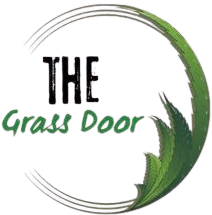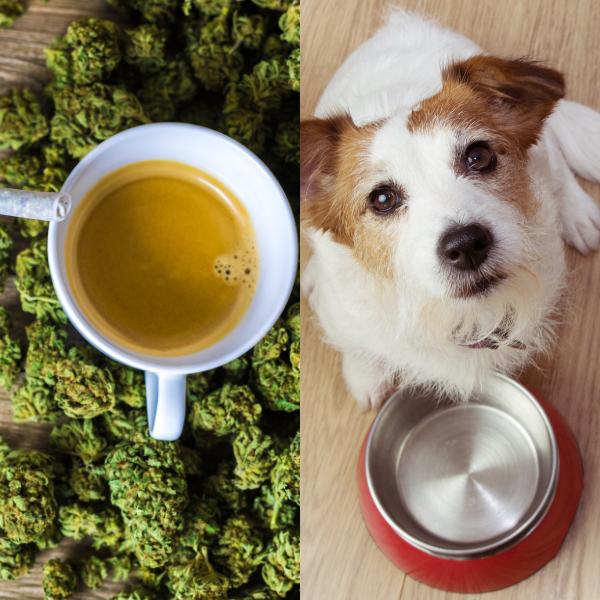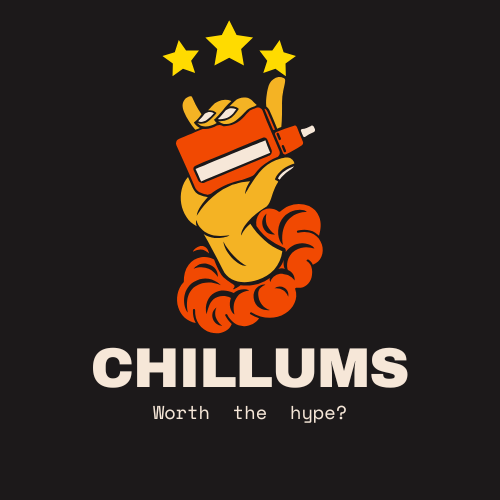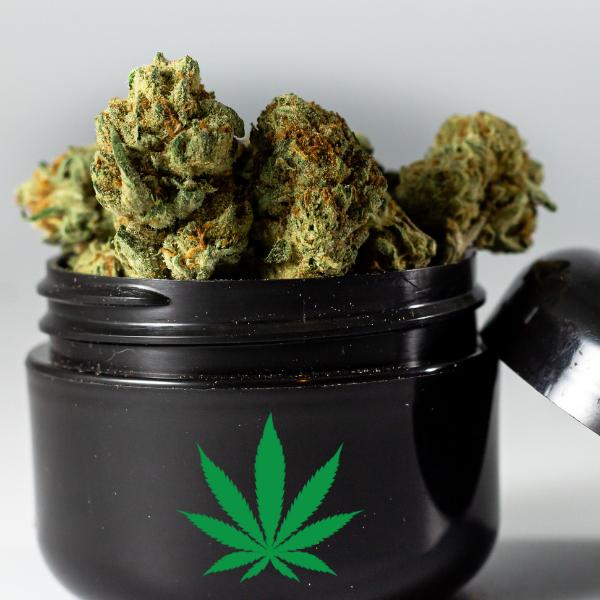Does CBD increase appetite?
Is CBD good for your health?
Does CBD help in weight loss?
These have been the most searched questions on the internet since the President of the U.S.A. made the usage of cannabis legal in the federal legislature.
Most of the people out there who have been consuming CBD don’t really know the background of the substance. From the data gathered, we can easily derive the fact that people, rather than CBD consumers, are not adequately aware of all the benefits and drawbacks of this non-psychoactive drug.
Therefore, here we are today to guide you with all the facts you need to know about CBD.
For starters, we need to know in detail about
What CBD is
Cannabidiol, also known as CBD, is a non-psychoactive substance obtained from the Cannabis plants. It is the distinct form of Tetrahydrocannabinol or THC, the psychoactive component.
Cannabidiol was first discovered in the 1940s by Roger Adams, the American organic chemist. Adams secluded both cannabidiol (CBD) and cannabinol (CBN), the two different forms of cannabinoid obtained from the hemp plant, and speculated the existence of the psychoactive compound THC (Tetrahydrocannabinol). However, over the years, as the world of science has continued to evolve and develop new theories, several researches have been conducted to prove CBD and other types of both psychoactive and non-psychoactive substance’s efficiency towards medical issues.
Relationship of CBD with the Human Body
Now, let’s discuss in detail the relationship of CBD with our bodies.
CBD interacts with our body through the Endocannabinoid System (ECS)
Now, the question may arise: What is ECS?
Well, ECS is the most complicated neuromodulatory system that plays significant roles in developing the Central Nervous System (CNS) and synaptic plasticity and much more. In simple words, ECS is responsible for maintaining the balance of our whole body through a phenomena called the Homeostasis.
The ECS also regulates some other biological phenomena, such as:
Sleep Cycle
Anxiety disorders
Perception
Memory and learning
Physical growth and development
Since the ECS works in collaboration with the Central Nervous System, it’s easy for CBD to target nerve-related disorders. The alternatives for this kind of treatment are generally allopathic medications, which can often lead to numerous side effects.
CBD-appetite-THC
The common name often comes along with CBD, is THC (Tetrahydrocannabinol). As both the substances are gathered from the same plant, there’s a lot of confusion and misunderstanding regarding these two compounds. Despite being originated from the same plant, CBD and THC are not at all similar in their characteristics.
Unlike THC, CBD does not make you ‘high’ or provide you with the ‘Euphoric’ feelings and dosen’t have any psychoactive effects. CBD indirectly interacts with ECS by influencing CB2 receptors (Cannabinoid Receptor 2).
Since THC interacts with CB1 receptors that directly influence the responses of dopamine and appetite in our body, it is more likely to call THC the primary catalyst of hunger in our body.
Does CBD make you hungry?
Now that we have come to a point where we know all the basic stuff about CBD, we can now discuss how it can make you hungry. Or, for a fact, does it make you hungry?
From previous discussions, we have derived to the conclusion that CBD can not be called as “the munchies”, since it does not really regulate the urge of eating or give you uncontrollable craving for food. However, it can still play a role in regulating the urge to eat through its relation with the ECS. So, its effect on hunger is much more complex. The impact of CBD on appetite can affect different body types differently.
Let’s look at understanding the relationship between CBD and appetite more delicately.
Overviews of the 2018 survey
In 2018, a survey was conducted on 2,049 CBD users. By the data gathered by the survey, it was found that an increase in appetite was reported by 153 participants as a side effect of consuming CBD. Though the percentage was just 6.35, it is indeed negligible.
Different types of CBD
There are three different forms of CBD obtained from hemp plants. CBD products can contain a noticeable amount (approximately not more than 0.3% by dry weight) of delta-9-THC. This compound in Cannabis plants is widely known for its intoxicating psychoactive outcomes.
CBD can be classified into the following categories:
Full-spectrum CBD
Broad-spectrum CBD
CBD isolate
Further discussions on the three different types of CBD are being conducted below to help you choose the most suitable version of CBD tailored to your needs.
Full-spectrum CBD-
The term Full-spectrum when applied refers to the product that emulates the quality of all the natural and organic compounds. Here, Full-spectrum CBD products are those containing all the natural elements found in hemp plants including delta-8, delta-9, THC.
Broad-spectrum CBD-
Broad-spectrum CBD is a hemp plant extract that is almost similar to full-spectrum CBD except that it undergoes multiple extraction procedures to remove all the intoxicating substances, such as THC or delta-8. Research has shown that some broad-spectrum CBD products may contain minimal traces of THC, which is why they can safely be referred to as “nearly THC-free.”
CBD isolate-
As the name refers, CBD isolate is the purest form of CBD obtained from the cannabis plants. Excluded of all the intoxicating substances such as delta-8, delta-9, THC or any other intoxicating compounds gathered from hemp plants. This form of CBD exceptionally undergoes various extraction methods to get the purest form of CBD, which can easily be used by the pharmaceutical industries to treat chronic disorders.
CBD-based products
Cannabinoid, or CBD, possesses a wide range of commodities that can be manufactured from this non-psychoactive substance. Some of them are as follows:
CBD Oil-
CBD oil or cannabidiol oil is made from the extraction of cannabis plants and diluting it with a base oil like pure coconut oil or the oil derived from hemp seeds.
CBD Oil can be used to treat several bodily discomforts, such as:
- Epilepsy
- Cancer
- Anxiety
- Depression
- Insomnia
- Neuroprotection
- Post-traumatic stress disorder
CBD Gummies or Capsules-
Cannabidiol gummies or capsules are another type of CBD that is extracted from hemp plants, used to treat anxiety disorders, body aches, anxiety, headaches and even for various recreational activities.
Does CBD help in weight loss?
Since there is no such evidence of CBD regulating metabolic rates in the human body, it cannot be said that “CBD does help in weight loss”.
However, according to some surveys conducted back in 2018, it was seen that CBD plays a negligible role in the metabolic system in the human body. It is associated with a significant part of the Endocannabinoid System (ECS) of your body.
Therefore, moving on to the conclusion, we can say that instead of looking for a catalyst for your appetite, you should look for CBD that suits you the best to balance your ECS.





6 thoughts on “7 Surprising Facts About CBD: Does It Really Make You Hungry, or Is It Just a Myth?”